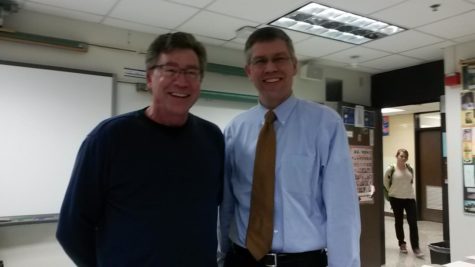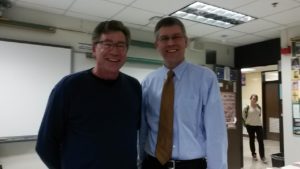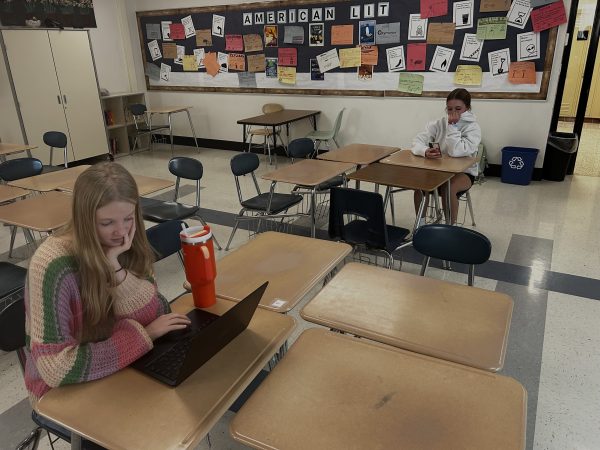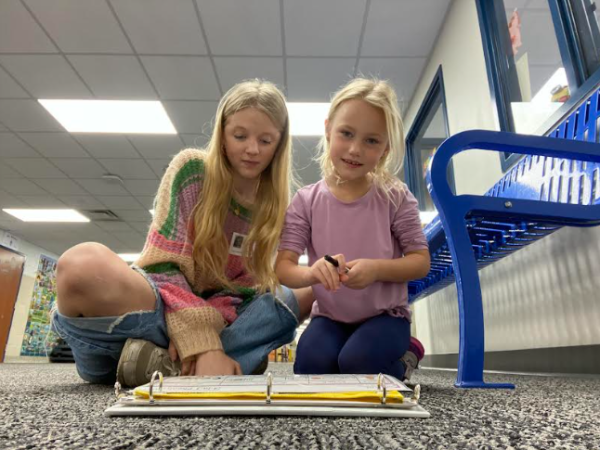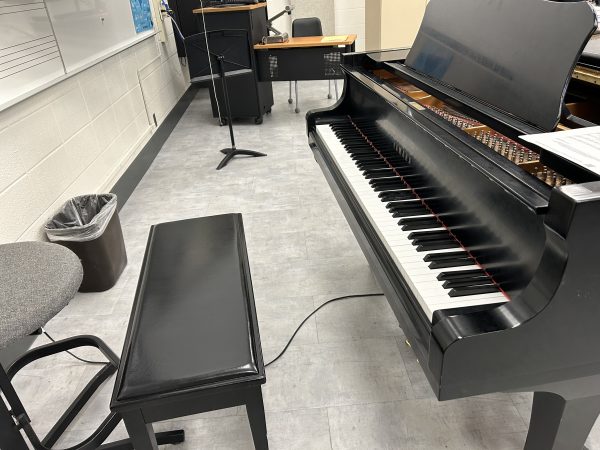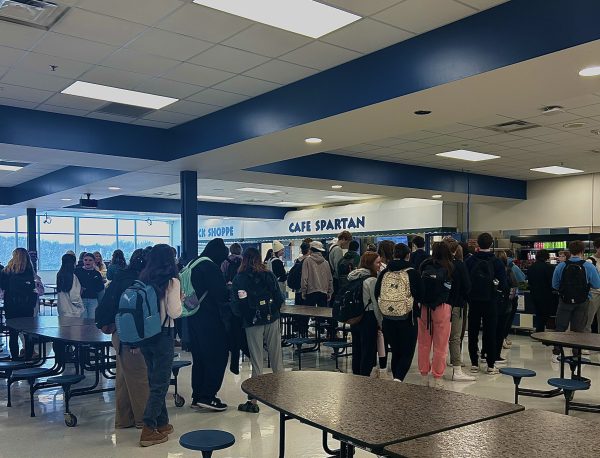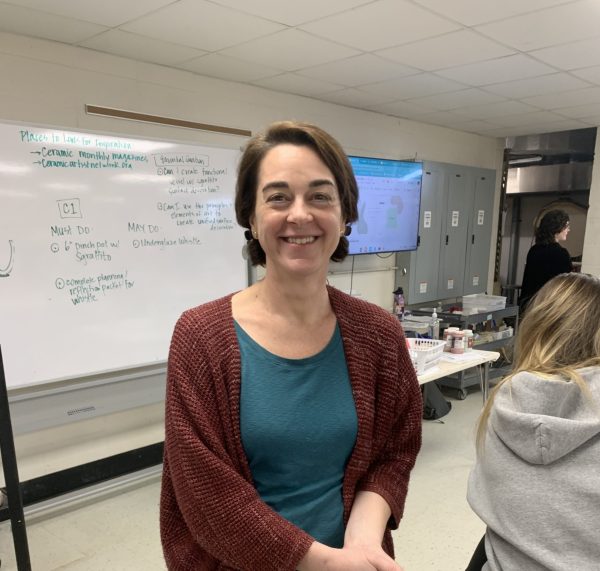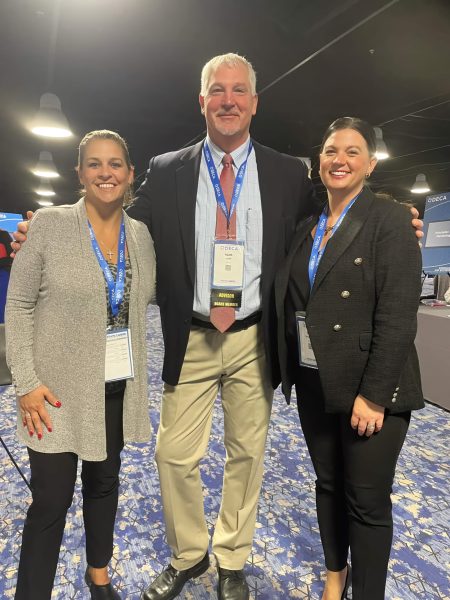Why Elon Musk Says Life Is A Simulation
Why Elon Musk says We’re Living in a Simulation
Anika Sodhi
In an interview with comedian Joe Rogan, Elon Musk states we may be living through the “dumbest experiment in human history,” according to Science Alert. Although it seems like a scifi movie, the theory has gained serious notion. One of the most influential and powerful minds in the tech industry believes everything we see is a glorified version of the sims.
The rate at which technology is advancing is a serious topic of academic debate. In today’s age, the holding capacity of a computer chip doubles every year or so.
“If that continues into the distant future, at some point…microchips might become so powerful that the video games that use them can simulate not just the simple scenarios seen in today’s games, but something as complex as the entire cosmos.” Said Jay Pasachoff from NBC News.
With technology advancing at the rate it is, we will continue to discover more in depth about space and time, therefore I think that in my lifetime we will have the ability to find out the truth about if we are living in a simulation.
— Gabby Norris
Is it possible a civilization before us has already advanced past our current era and have simulated our world as we know it? The simulation theory has many possibilities but the most logically sound reasoning is an older human race recreating the start of the world. The earth itself is roughly 13.8 billion years old. In that timeframe, the probability of a civilization advancing at the pace fast enough to simulate an entire world is likely.
“Either the world would’ve ended billions of years ago, or we are being simulated by a civilization that is much much older than us. Because we exist, we are most likely being simulated.” Said Musk.
The perfection of the earth’s computation is immaculate according to NBC News. Each rotation around the sun is exactly 365 days and each rotation of the earth is exactly 24 hours, with no room for error. “If any of these parameters were different, we wouldn’t have evolved a sun and an Earth that has lasted long enough — 5 billion years so far — for our kind of intelligent life to exist. In fact, without the right parameters, the planets and stars that make up our universe might never have formed.” Corey S. Powell from NBC News writes.
The most basic principles of the world we live in are questionable.
“time, energy, space, volume – all have a finite limit to their size. If that’s the case, then our universe is both computable and finite.” Says Rich Terrile, a scientist at Nasa’s Jet Propulsion Laboratory. All of these properties are finite, and therefore all of these properties are contained within our universe. “Those properties allow the universe to be simulated,” Terrile continues.
Some OHS Students are aware of the simulation theory. When asked about the certainty of the matter, sophomore Gabby Norris stated “With technology advancing at the rate it is, we will continue to discover more in depth about space and time, therefore I think that in my lifetime we will have the ability to find out the truth about if we are living in a simulation.”
In order to find glitches in the simulation, former NASA engineer Thomas Campbell and his colleagues suggest an experiment. They propose shooting a laser through a complex sequence of mirrors, slits, and detectors. In doing this,
“Photons of laser light would follow different paths contingent on whether they are behaving like waves or like particles,” Campbell states. He also hypothesizes any anomalies in the normal action of protons would “represent an unambiguous indicator that our reality must be simulated,” writes Campbell.
Campbell also claims if proven to be true, this experiment could not only prove the simulation theory, but also explain the discrepancies in quantum physics, saying its a quirk of the simulation not a “fundamental aspect of reality” according to NBC News.
Cosmologist Neil deGrasse Tyson graduated with a bachelor’s degree from Harvard University then went on to earn his doctorate degree in astrophysics from Colombia University. And Tyson agrees, giving “better than 50-50 odds” that the simulation hypothesis is correct. “I wish I could summon a strong argument against it, but I can find none,” he told NBC News MACH in an email.

Hello !! My name is Anika Sodhi and I am a junior at Orono. I'm super excited to be able to write for the newspaper this year. In the past, I've enjoyed...


